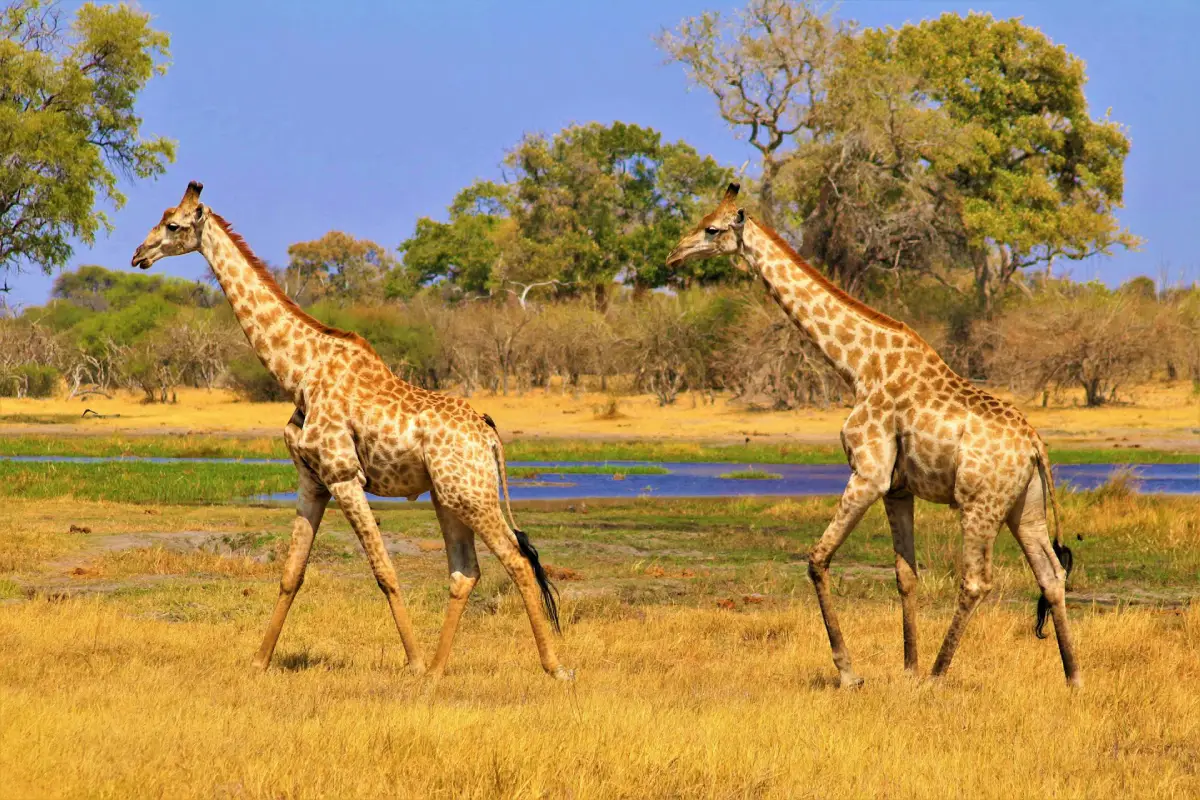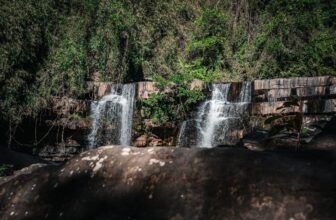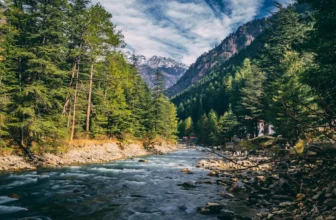
A safari in Botswana’s Okavango Delta is more than just a trip; it’s an exploration of one of the world’s most extraordinary ecosystems.
Imagine cruising silently through papyrus-lined channels, watching elephants bathe at sunset, and hearing the haunting calls of fish eagles overhead. For many travelers, this is a dream safari destination – and one that raises plenty of questions before you go.
If you’re curious about what makes an Okavango Delta safari so special, how to prepare, or even the cost of a Botswana safari, you’re in the right place.
Why choose the Okavango Delta?
The Okavango Delta is a seasonal floodplain that changes dramatically with the seasons. Floodwaters that nourish this entire ecosystem don’t come from local rains.
Instead, each year, the life-giving water begins as rainfall in the Angolan highlands. It then embarks on a slow, winding journey to spread across the delta, creating a lush oasis right in the middle of Botswana’s dry season.
This natural spectacle attracts a stunning concentration of wildlife, from lions and leopards to vast herds of buffalo, elephants, and hundreds of bird species. It’s this beautiful cycle of water and life that makes the Okavango Delta so exceptional.
What makes the delta even more unique is the way you explore it. Traditional mokoro (dugout canoe) trips, boat safaris, and walking safaris give you a close-up perspective of the wilderness. Combine that with classic game drives, and you’ll understand why the Okavango Delta is consistently ranked as one of Africa’s top safari destinations.
When is the best time to visit?
Timing is essential, with each season providing a distinct combination of wildlife, weather, and unforgettable experiences.
Best wildlife viewing: dry season (July to October)
This period is the prime time for wildlife viewing. As floodwaters spread across the delta, animals congregate around permanent water sources, making sightings more frequent and dramatic.
Mokoro excursions are at their peak, and the dry climate creates optimal safari conditions.
Excellent weather: May to August
If you prefer cooler days and crisp mornings, May through August offers pleasant weather and thinner crowds. May and June fall into shoulder season, which is ideal for scenic flights and water safaris as floodwaters rise.
Green season: nourishing rain and birdlife (November to April)
During the wet or “green” season, the Okavango Delta transforms into a lush haven. This is the best time for spectacular birdwatching, with migratory species filling the skies and baby animals abounding. However, low or dispersed water levels limit mokoro trips.
Shoulder seasons: April and November
For those seeking a balance, April and November offer a bit of both worlds. In April, water levels begin to rise and lodges are still moderately priced. November sees the early rains and bird arrivals, with fewer crowds and good wildlife viewing opportunities.
How much does an Okavango Delta safari cost?
The answer depends on when you travel, the type of lodge or camp you choose, and how remote your experience is.
- Budget safaris are around $525 per person per night, often in mobile camps or simpler lodges.
- Mid-range safaris range from $700 to $1,225 per person per night.
- Luxury safaris can often exceed $1,500 per person per night, offering private guides, plunge pools, spas, and fly-in access to remote corners of the delta.
While Botswana safaris are often pricier than other destinations, the government’s “low volume, high value” tourism model means you enjoy fewer crowds and a more exclusive experience, even during peak seasons.
What else can you expect on an Okavango Delta safari?
A typical safari day starts early, with coffee around the campfire before setting off on a game drive. Wildlife is most active in the cool morning hours, so you might find lions coming back from a hunt or elephants crossing the waterways.
Midday is for relaxing at your lodge, swimming in the pool, or even enjoying a siesta. In the late afternoon, another activity – perhaps a mokoro ride or sunset drive – ends with sundowners as the sun begins to set.
Evenings are magical, with lantern-lit dinners under the stars and the distant roar of lions reminding you that you’re truly in the wild.
Tips for first-time safari-goers
- Pack light: Soft, light bags work best for small safari planes.
- Bring layers: Early mornings can be chilly, while afternoons heat up quickly.
- Stay hydrated: The delta can be deceptively hot.
- Trust your guide: Their understanding of animal behavior keeps you safe and allows you to spot things you wouldn’t notice on your own.
A safari in the Okavango Delta is more than just a vacation; it’s an opportunity to visit a beautiful, untouched wilderness that few people ever see.






